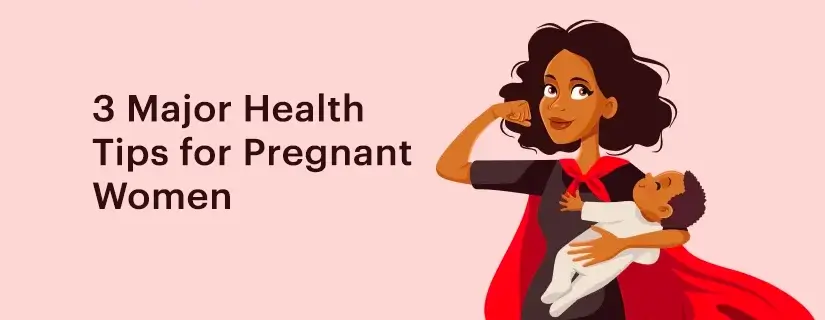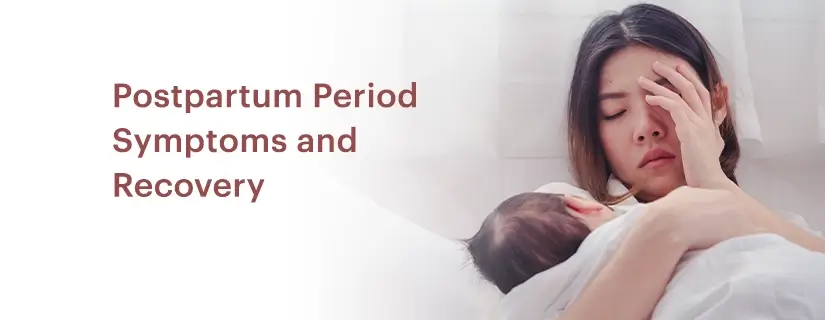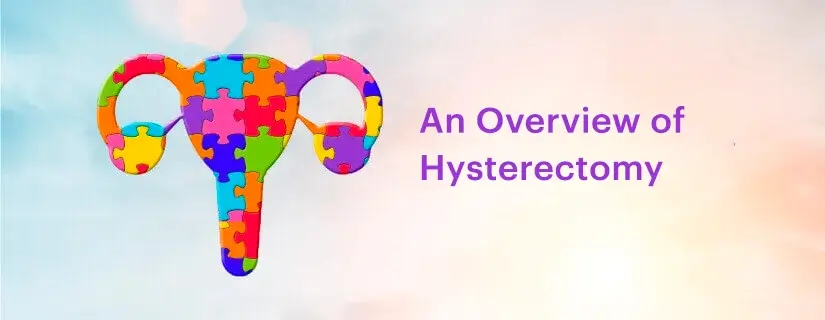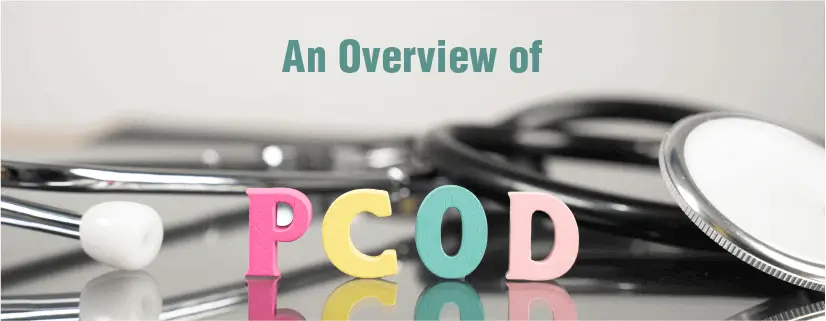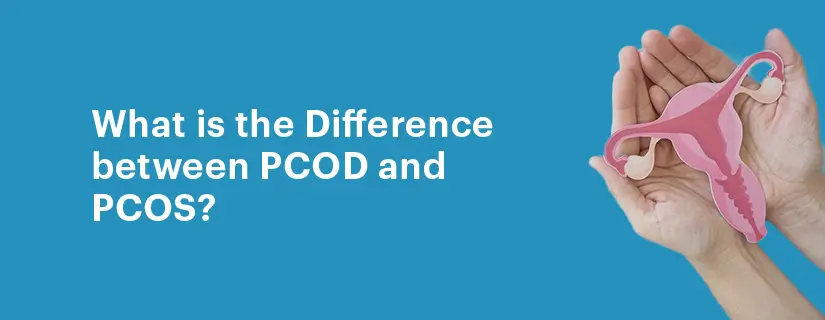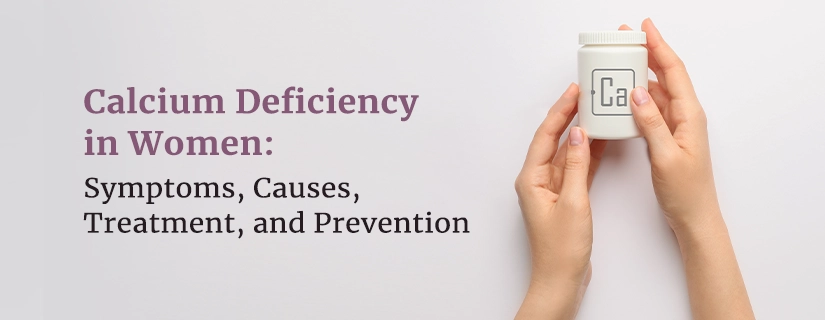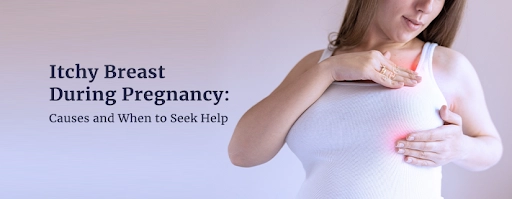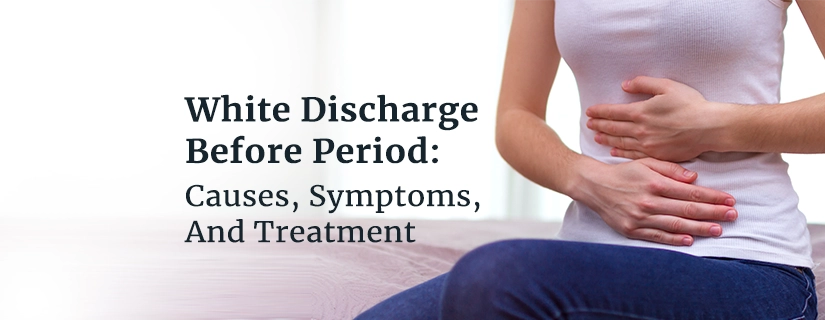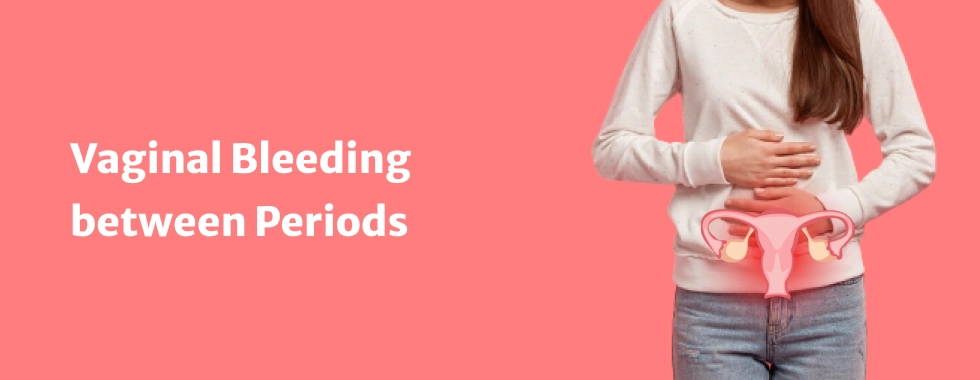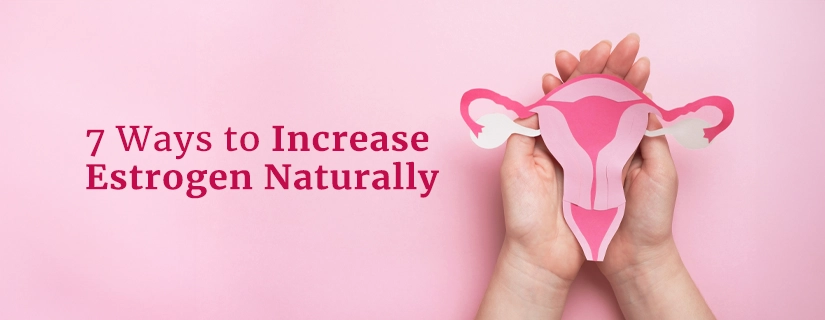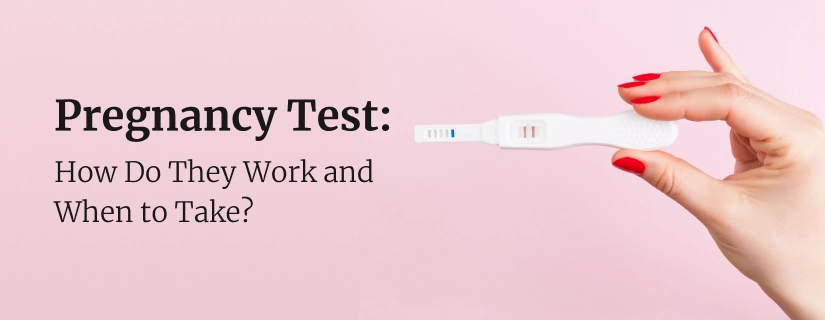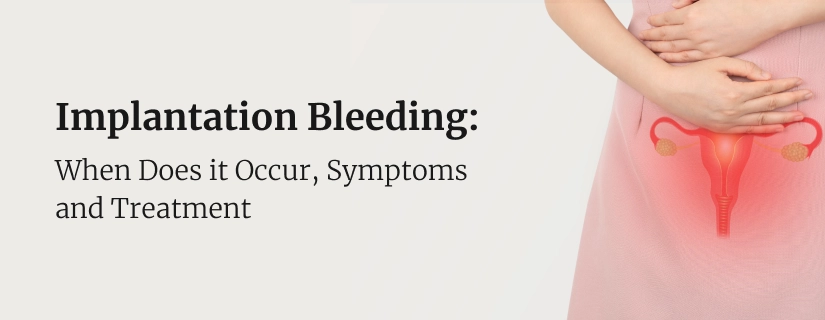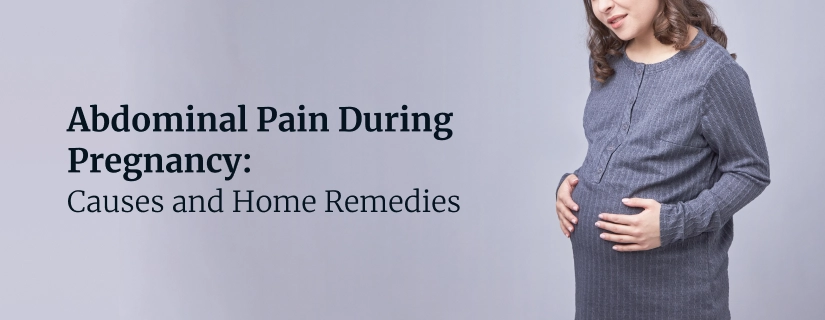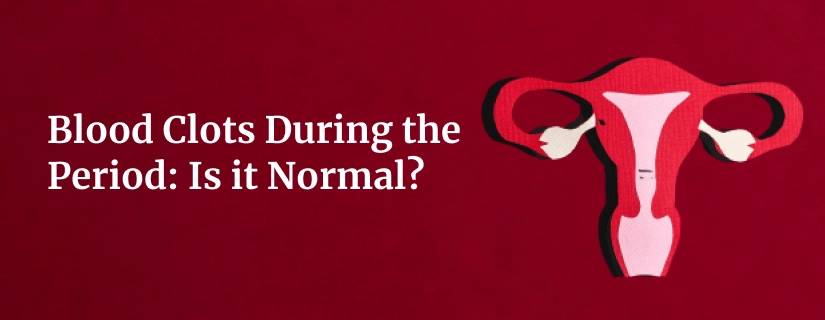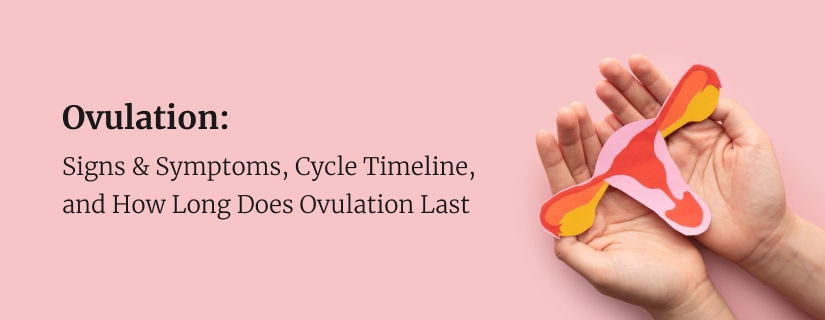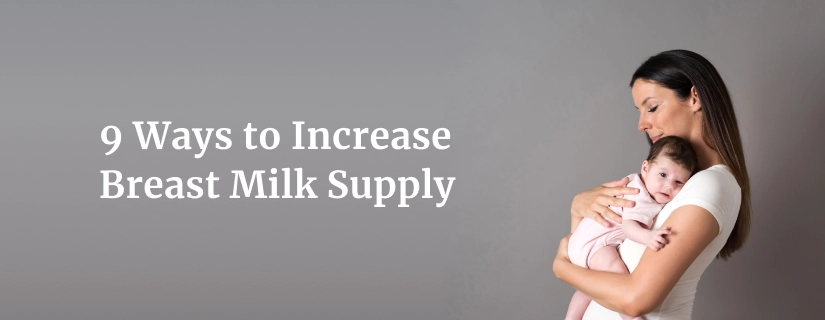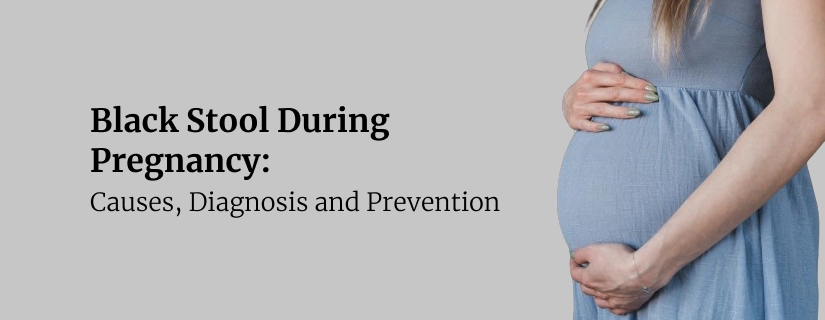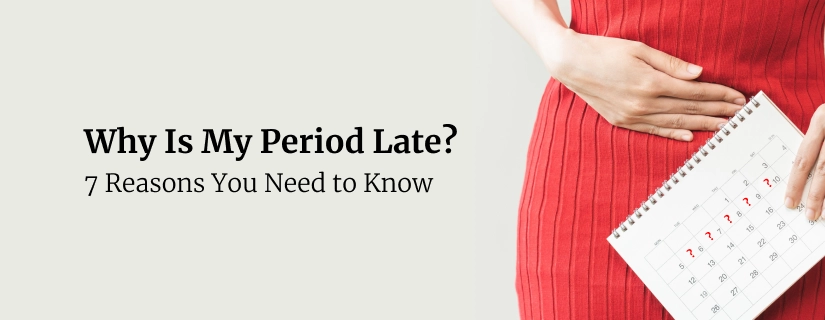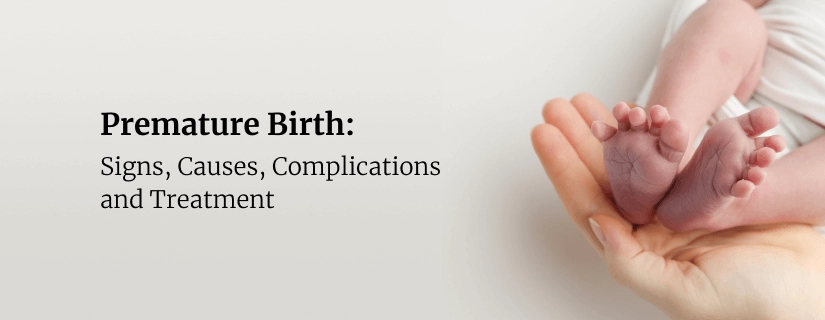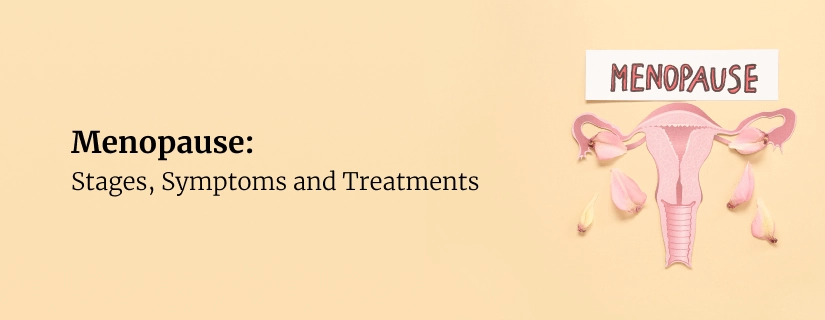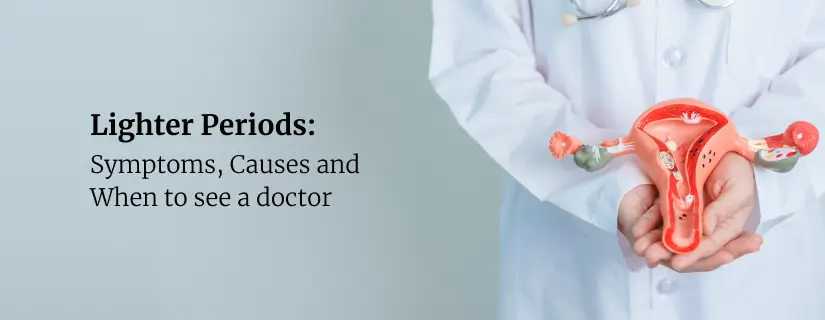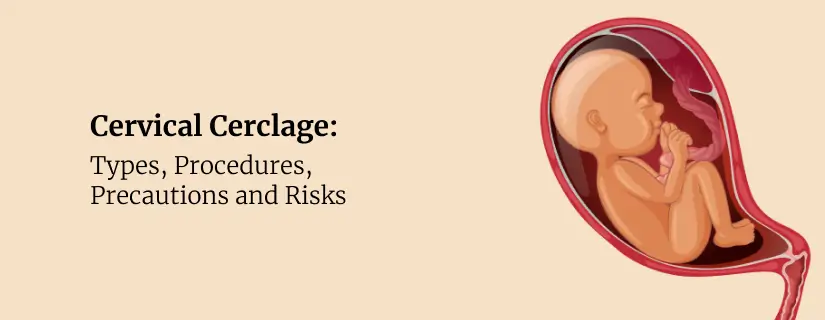-
Doctors
-
Specialities & Treatments
Centre of Excellence
Specialties
Treatments and Procedures
Hospitals & Directions HyderabadCARE Hospitals, Banjara Hills CARE Outpatient Centre, Banjara Hills CARE Hospitals, HITEC City CARE Hospitals, Nampally Gurunanak CARE Hospitals, Musheerabad CARE Hospitals Outpatient Centre, HITEC City CARE Hospitals, Malakpet
HyderabadCARE Hospitals, Banjara Hills CARE Outpatient Centre, Banjara Hills CARE Hospitals, HITEC City CARE Hospitals, Nampally Gurunanak CARE Hospitals, Musheerabad CARE Hospitals Outpatient Centre, HITEC City CARE Hospitals, Malakpet Raipur
Raipur
 Bhubaneswar
Bhubaneswar Visakhapatnam
Visakhapatnam
 Nagpur
Nagpur
 Indore
Indore
 Chh. Sambhajinagar
Chh. SambhajinagarClinics & Medical Centers
Book an AppointmentContact Us
Online Lab Reports
Book an Appointment
Consult Super-Specialist Doctors at CARE Hospitals
10 Signs your Period is Coming: Symptoms & How to Tell
Updated on 26 July 2024
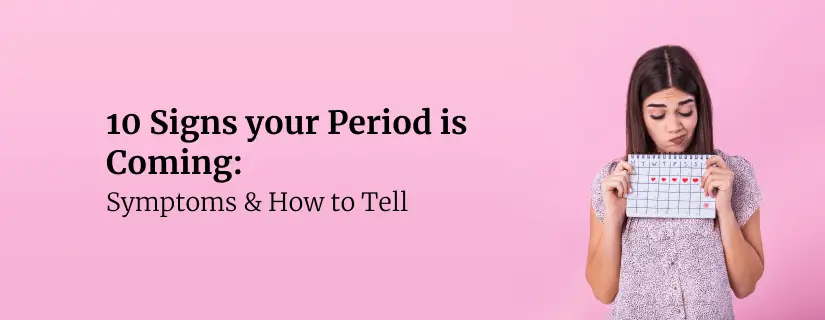
Menstruation, often referred to as a "period," is a natural and recurring process that women experience as part of their reproductive cycle. Every month, the body prepares for a potential pregnancy by thickening the lining of the uterine cavity. If pregnancy does not occur, this thickened uterine lining sheds, resulting in menstrual bleeding. While the timing and duration of periods can vary from woman to woman, many experience specific signs and symptoms that indicate their period is on its way.

How Do You Know Your Period is Coming?
As your body prepares for menstruation, it undergoes various physiological and hormonal changes that can manifest in multiple ways. Here are some common symptoms of a period coming or approaching:
- Breast Tenderness or Swelling: Many women experience breast tenderness, swelling, heaviness, and nipple pain a few days before their period starts. These are due to hormonal fluctuations that occur during the menstrual cycle.
- Bloating and Abdominal Cramps: As your body prepares to shed the uterine lining, you may experience bloating, abdominal cramping, or a feeling of heaviness in the lower abdomen. Depending on the individual, these cramps can be mild, moderate or severe.
- Mood Swings: Hormonal variations during the menstrual cycle can affect your emotional state, resulting in mood swings, irritability, or increased sensitivity. Some women may also experience feelings of sadness or anxiety.
- Headaches or Migraines: Fluctuations in hormone levels can trigger headaches or migraines in some women, which may be a sign that their period is approaching.
- Acne or Skin Changes: Hormonal shifts can increase oil production, leading to breakouts or changes in skin texture. You may notice more pimples or blemishes on your face, back, or chest.
- Fatigue or Lack of Energy: Many women report feeling more tired or sluggish in the days before their period. This fatigue can be due to hormonal changes and the body's preparation for menstruation.
- Changes in Appetite: Some women experience cravings for specific foods, like sweets or salty snacks, while others may have a decreased appetite before their period starts.
- Lower Back Pain: As your body prepares for menstruation, the muscles in your lower back may tense up or feel achy, causing discomfort in that area.
- Digestive Issues: Digestive problems are one of the symptoms of the coming menstrual period. Hormonal changes can affect the digestive system, leading to constipation, diarrhoea, or bloating in some women.
- Increased Sensitivity to Smells or Sounds: Heightened sensitivity to certain smells or sounds may occur due to hormonal fluctuations and can be the sign of a period coming.
How long does PMS last?
Premenstrual syndrome (PMS) or menstruation coming symptoms refers to the physical, psychological and emotional manifestations that occur in the days or weeks leading up to a woman's period. The duration of PMS can vary among women, but it typically starts anywhere from a few days to two weeks before the onset of menstrual bleeding.
For most women, PMS symptoms begin to subside once their period starts or shortly after. However, some women may experience lingering symptoms for a few days into their menstrual cycle.
The length of PMS can be influenced by various factors, including:
- Age: Younger women and those nearing menopause may experience more severe or prolonged PMS symptoms.
- Stress Levels: High-stress levels can exacerbate PMS symptoms and prolong their duration.
- Diet and Lifestyle: A diet high in salt, caffeine, or processed foods, as well as a lack of exercise, can worsen PMS symptoms.
- Medical Conditions: Certain underlying medical conditions, such as endometriosis, polycystic ovary syndrome (PCOS), or thyroid disorders, may contribute to more severe or prolonged PMS symptoms.
While PMS symptoms can be bothersome, they typically resolve within a few days after the start of menstrual bleeding. If your symptoms persist and interfere with your daily activities, it's essential to consult with a doctor for proper evaluation and management.
Period Symptoms but No Period
In some cases, women may experience symptoms typically associated with an impending period, such as breast tenderness, bloating, cramps, and mood changes, but their menstrual bleeding does not start. This can be a confusing situation, but there are several potential reasons why this may occur:
- Stress and Hormonal Imbalances: High levels of stress can break the delicate balance of hormones responsible for regulating the menstrual cycle, leading to symptoms without actual bleeding.
- Medications or Contraceptives: Certain medications, such as birth control pills, can cause hormonal fluctuations and mimic period-like symptoms without actual menstruation.
- Pregnancy: In some cases, women may experience symptoms similar to those of an impending period, but these could be early signs of pregnancy. It's necessary to take a pregnancy test if you suspect you might be pregnant.
- Polycystic Ovary Syndrome (PCOS): Women with PCOS may experience irregular menstrual cycles, leading to period-like symptoms without actual bleeding.
- Perimenopause: As women approach menopause, their hormone levels can fluctuate, causing symptoms similar to those of an impending period, even though menstruation may not occur.
- Thyroid Disorders: Overactivity or underactivity of the thyroid gland can create a hormonal imbalance, leading to menstrual irregularities and period-like symptoms without actual bleeding.
If you experience persistent period-like symptoms without menstrual bleeding, it's essential to consult with a doctor. They can perform critical tests to determine the underlying issue and provide appropriate treatment or management options.
When to Seek Medical Advice
While it's normal to experience various symptoms leading up to your period, there are certain situations where seeking medical advice is recommended:
- If your period symptoms are severe enough to interfere with your daily activities or cause significant discomfort
- If you experience irregular or abnormal bleeding patterns, such as heavy bleeding, bleeding between periods, or periods occurring more frequently or less frequently than usual
- If your period symptoms persist or worsen over time
- If you experience infection symptoms such as fever, severe abdominal pain, or foul-smelling vaginal discharge
- If you experience new or unusual symptoms that you have not experienced before, it's advisable to consult a doctor for proper evaluation.
Conclusion
Recognizing the signs and symptoms that your period is approaching can help you better prepare and manage the physical & emotional changes that come with menstruation. While these symptoms can vary from woman to woman and cycle to cycle, being aware of the common indicators can help you anticipate and address any discomfort or challenges that may arise.
ENQUIRY FORM
SELECT CATEGORIES
-
Neurosciences (16)
-
Neurology (37)
-
Neurosurgery (14)
-
Orthopaedics (48)
-
Oncology (33)
-
Obstetrics and gynecology (51)
-
Pulmonology (23)
-
Urology (20)
-
Nephrology (13)
-
Psychiatry (7)
-
Dietetics and Nutrition (111)
-
General Medicine (63)
-
Cardiac Sciences (31)
-
Vascular & Endovascular Surgery and Interventional Radiology (10)
-
Gastroenterology (46)
-
Endocrinology (23)
-
Plastic Surgery (10)
-
Critical Care Medicine (5)
-
COVID-19 (16)
-
Dermatology (16)
-
Emergency Care (1)
-
Ophthalmology (4)
-
Pediatrics (14)
-
Laparoscopic and Bariatric Surgery (8)
-
ENT (15)
-
Kidney Transplant (1)
-
Liver Transplantation and Hepatobiliary Surgery (5)
-
General Surgery (3)
-
Internal Medicine (5)
-
Medicine Information
Anterior Placenta: Symptoms, Causes, Risks and Treatment
Vaginal Boils: Symptoms, Causes, Treatments and Home Remedies
YOU MAY ALSO LIKE
RECENT BLOGS
-
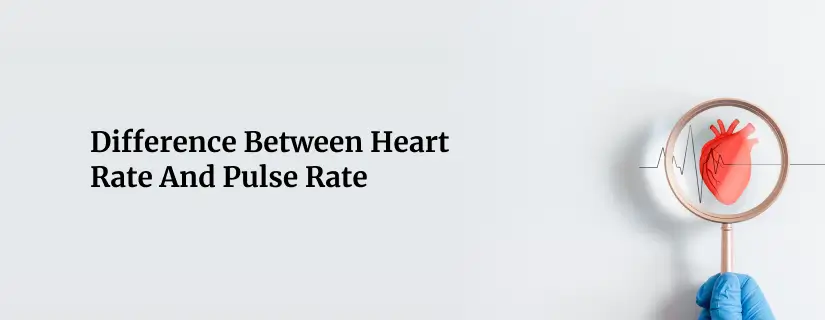
Difference Between Heart Rate And Pulse Rate
24 April 2025
Read More
-

Direct Anterior Approach in Total Hip Replacement: Advantages and Challenges
10 April 2025
Read More
-

Zinc Deficiency: Signs and Symptoms, Causes, Treatment
9 April 2025
Read More
-

Chest Pain When Coughing: Causes, Treatment and Home Remedies
9 April 2025
Read More
-

12 Health Benefits of Eating Mushrooms
8 April 2025
Read More
-

7 Health Benefits of Blood Donation You Should Know About
8 April 2025
Read More
-

Implantation Bleeding Vs Periods: Know the Difference
28 February 2025
Read More
-

Bloating During Ovulation: Symptoms, Causes and Remedies
28 February 2025
Read More
Have a Question?
If you cannot find answers to your queries, please fill out the enquiry form or call the number below. We will contact you shortly.



